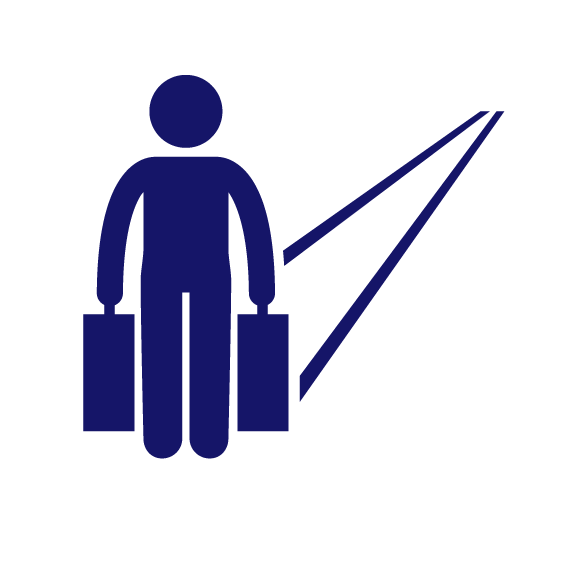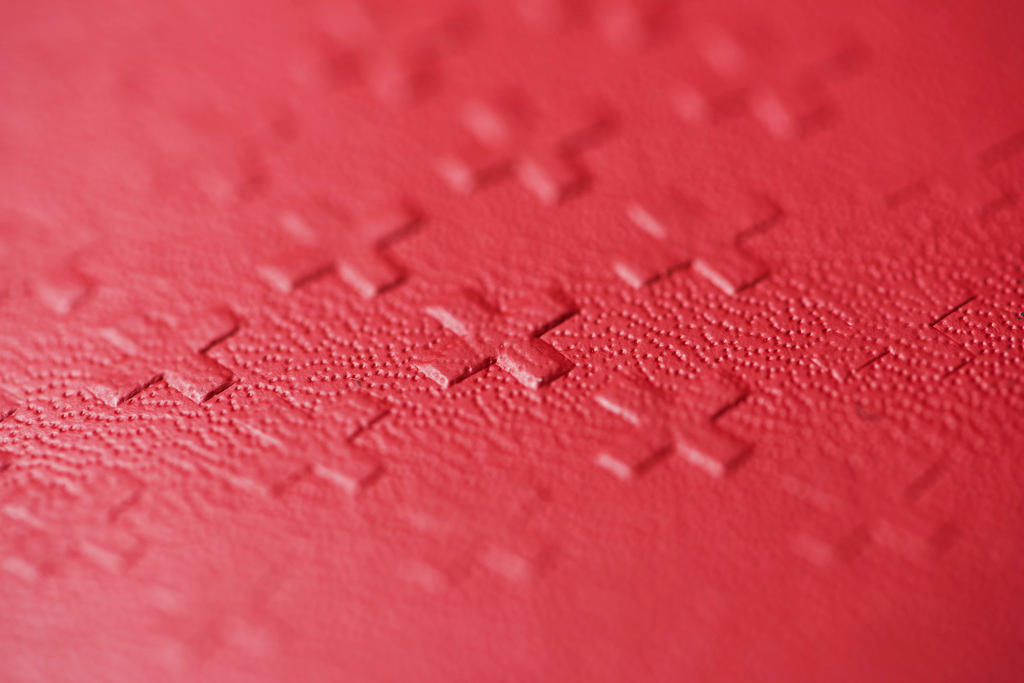Why a village made it easy for foreigners to become Swiss
There’s something special about the small village of Schelten: only 36 people live there, but it is the 'Heimat' or place of origin for almost 3000 people, scattered across the globe.
This is because ScheltenExternal link, a German speaking municipality in the majority French-speaking Bernese Jura, naturalised many foreign nationals before the First World War, to raise money in those difficult times. Proof is in the minutes of a village meeting from 1913, which state that many foreign families who had worked in Switzerland for a long time bought their Swiss passports in Schelten at a cost of CHF300 per family. The community used the money to support its poorer inhabitants.
Josef Stolz, the village chronicler, says the procedure was fast and “relatively cheap”. According to historian Hervé de Weck, it meant the naturalised men did not have to risk their lives fighting in the French or German trenches. The villages of Beurnevésin, Bonfol, Roche-d’Or and Epiquerez, then in canton Bern, also offered facilitated naturalisation.
But with time, this policy has proved a financial burden for Schelten, which has to send out material for federal and cantonal votes to naturalised citizens on the voting register. This costs the community CHF350 for the stamps, and the voting forms are rarely returned.
(SRF/swissinfo.ch)













You can find an overview of ongoing debates with our journalists here . Please join us!
If you want to start a conversation about a topic raised in this article or want to report factual errors, email us at english@swissinfo.ch.